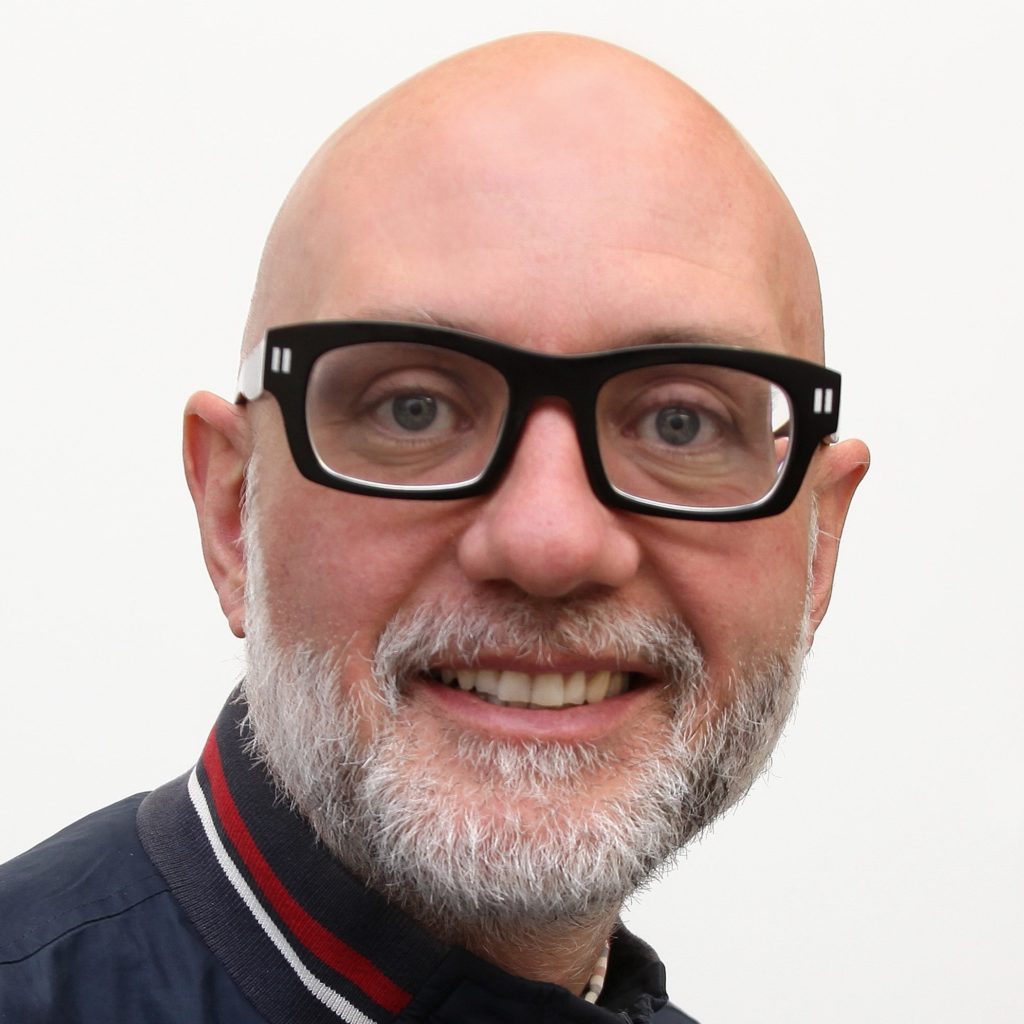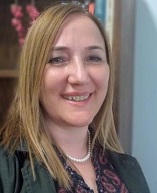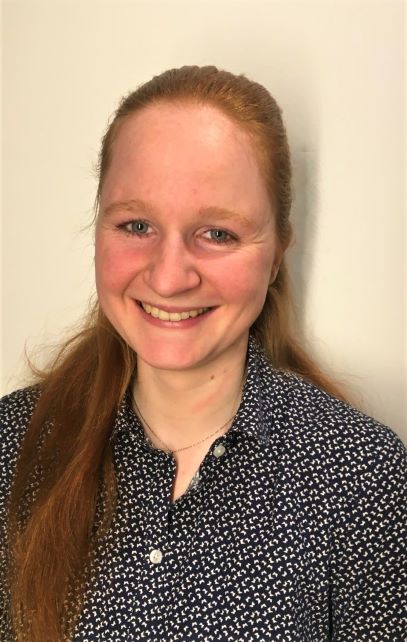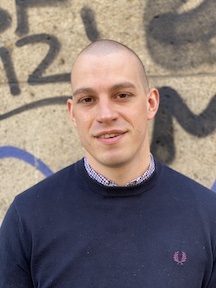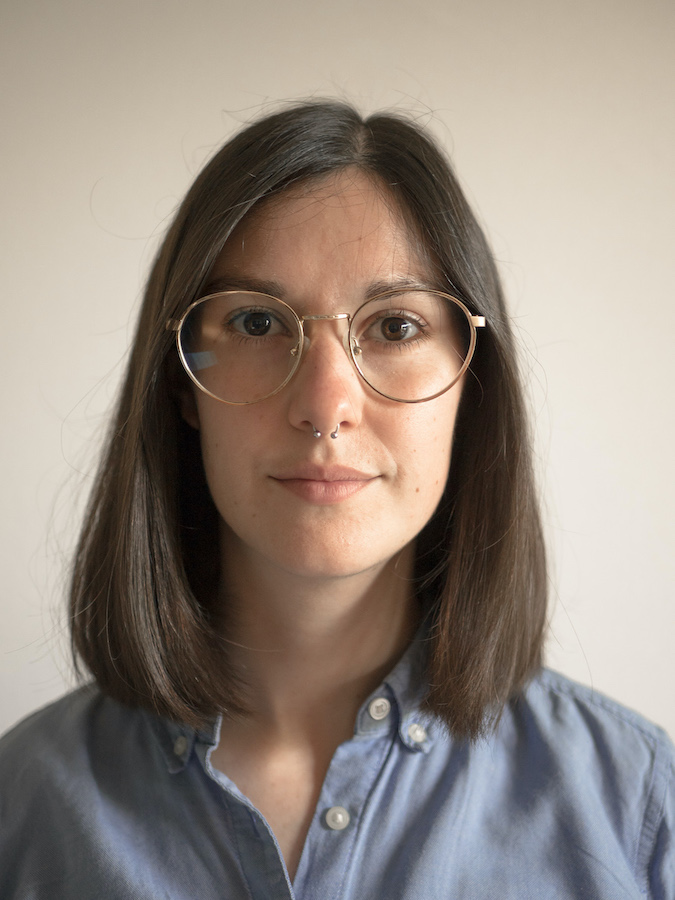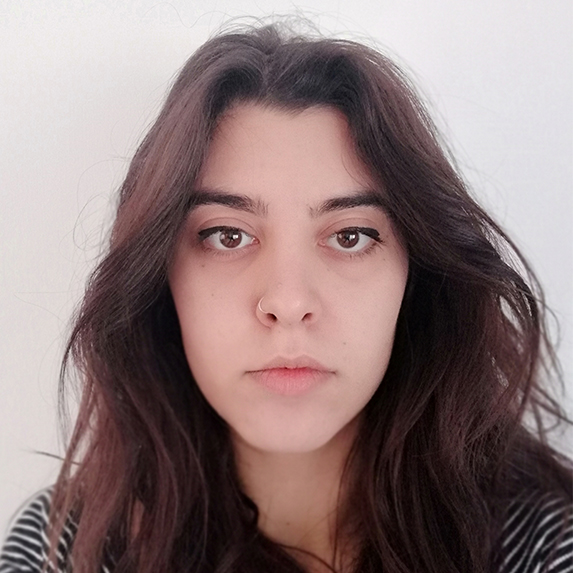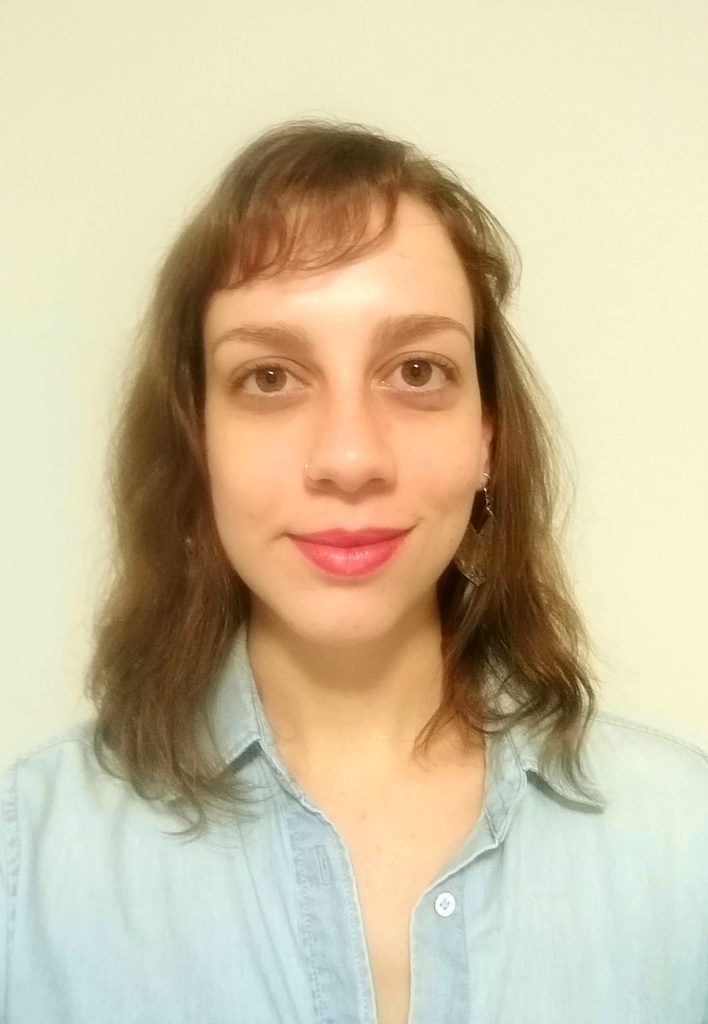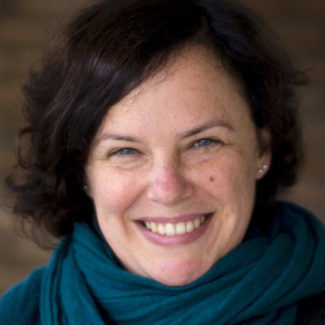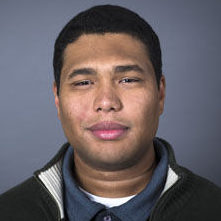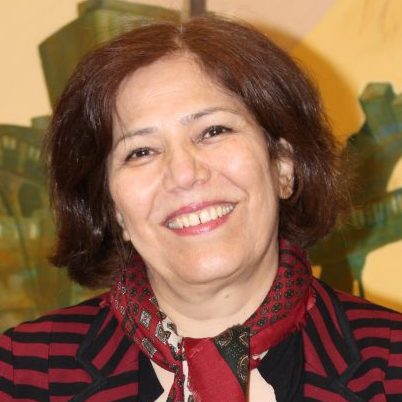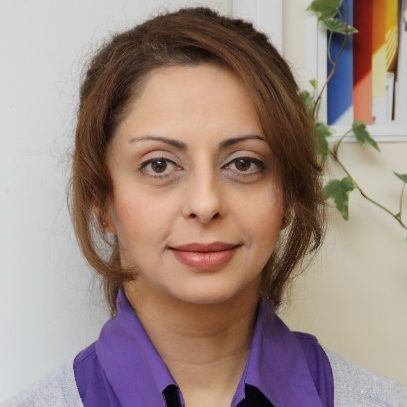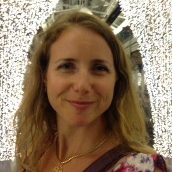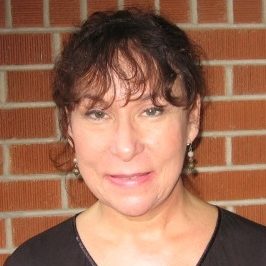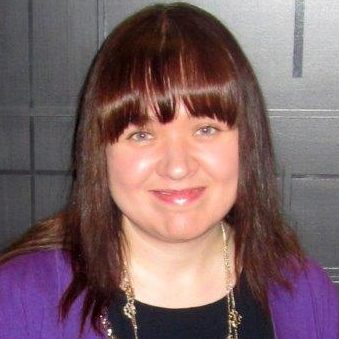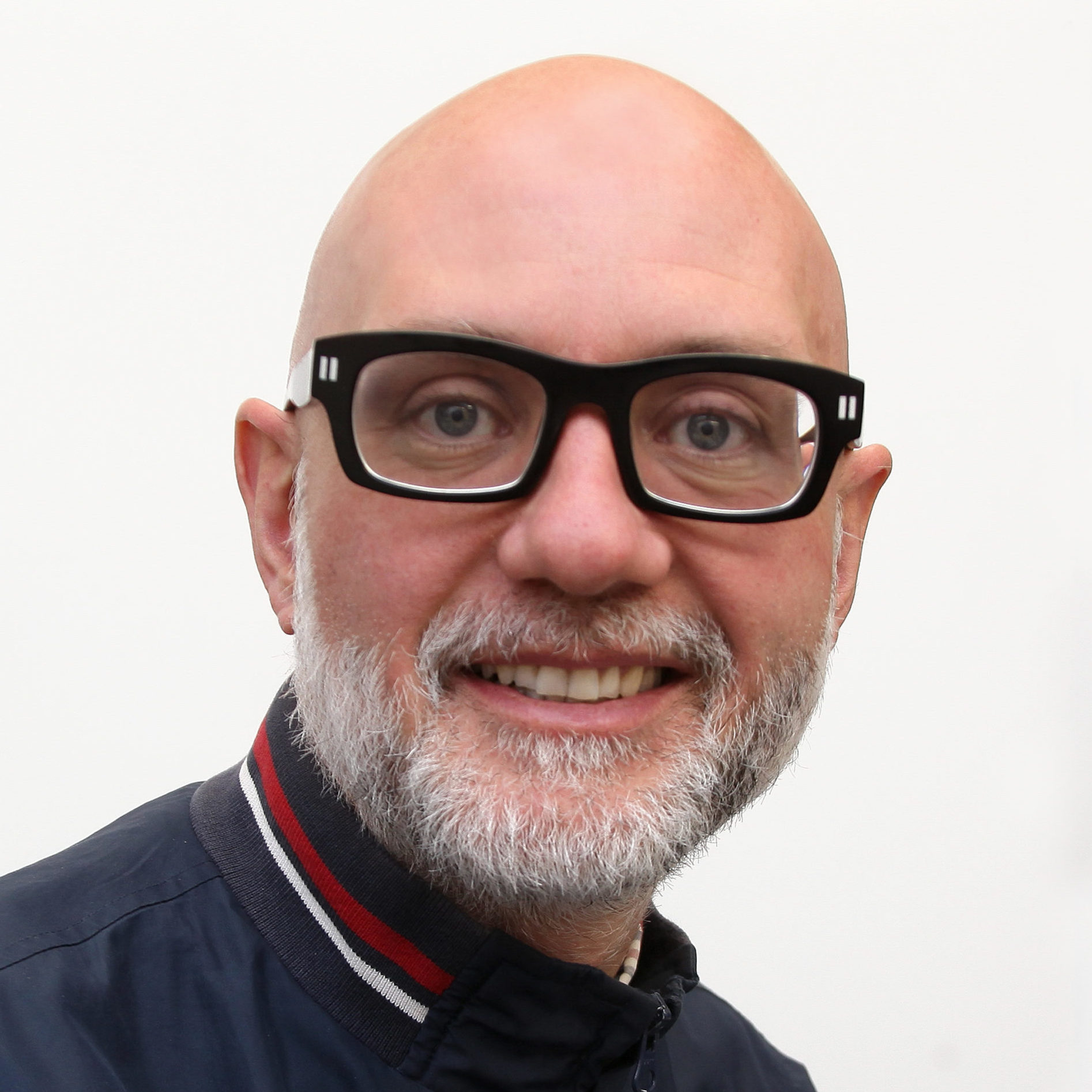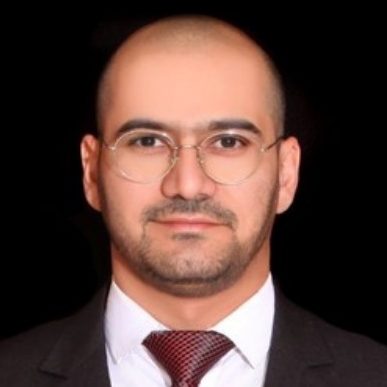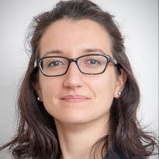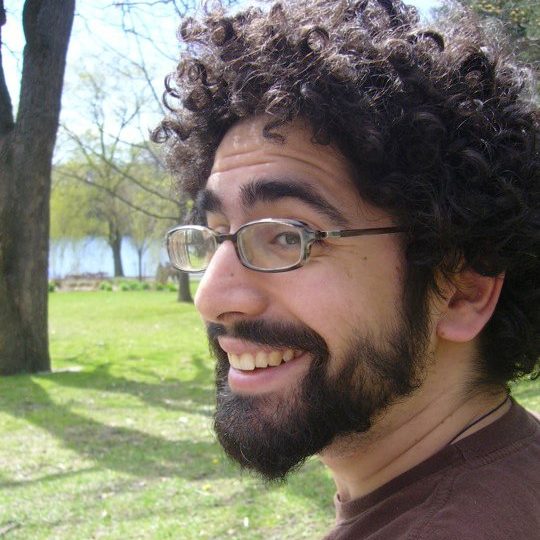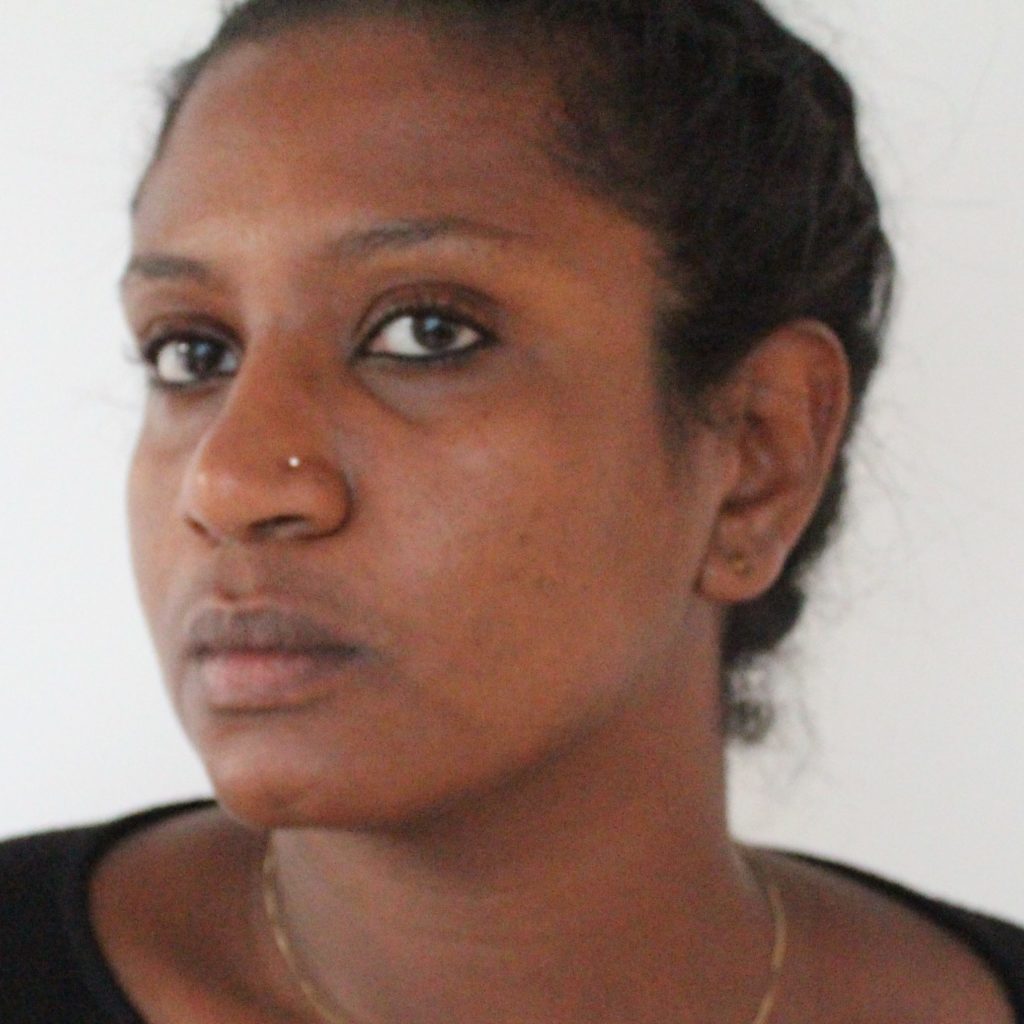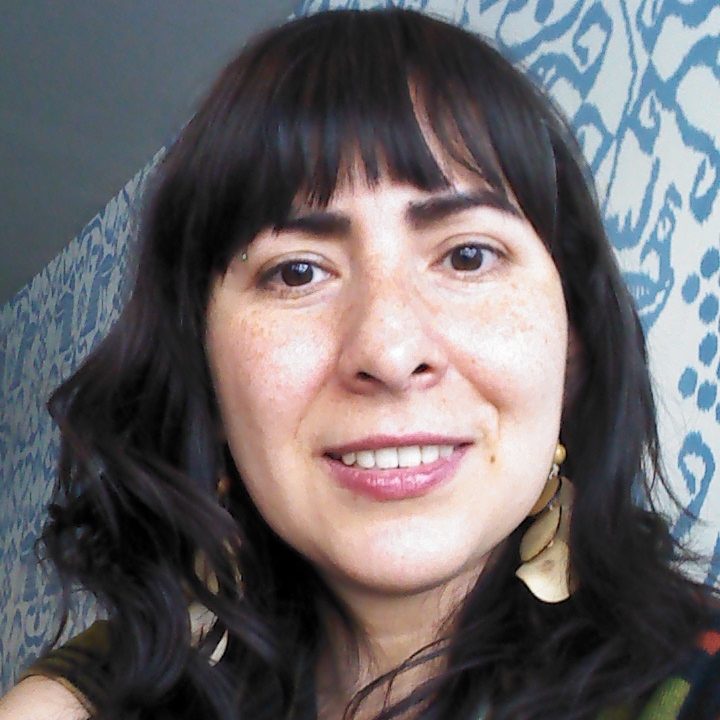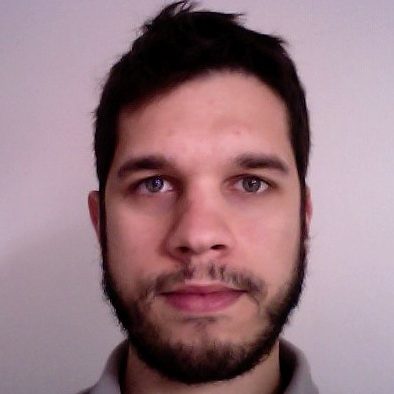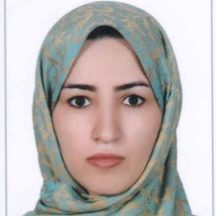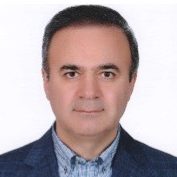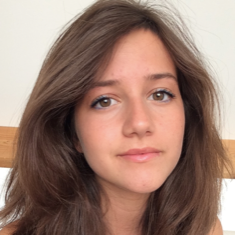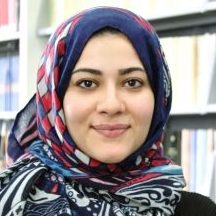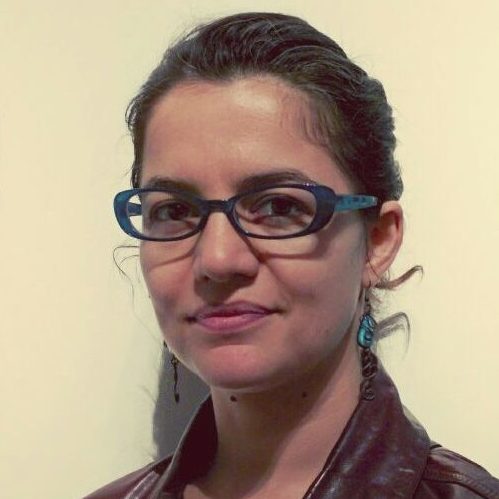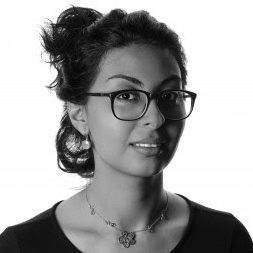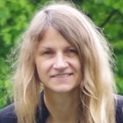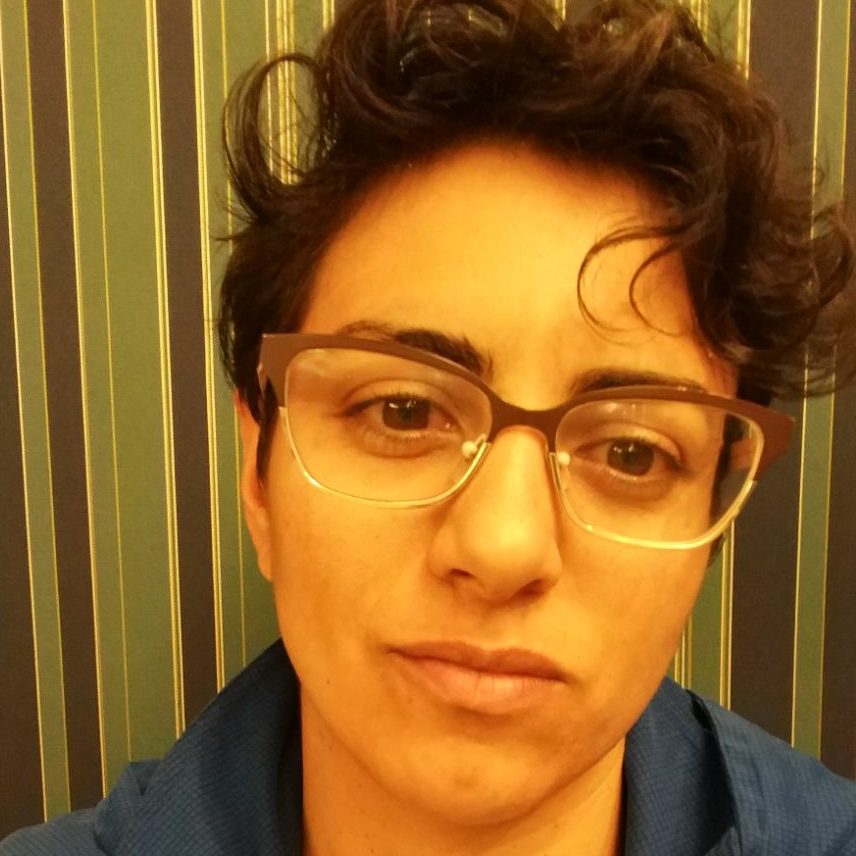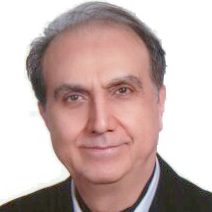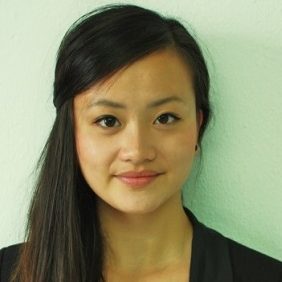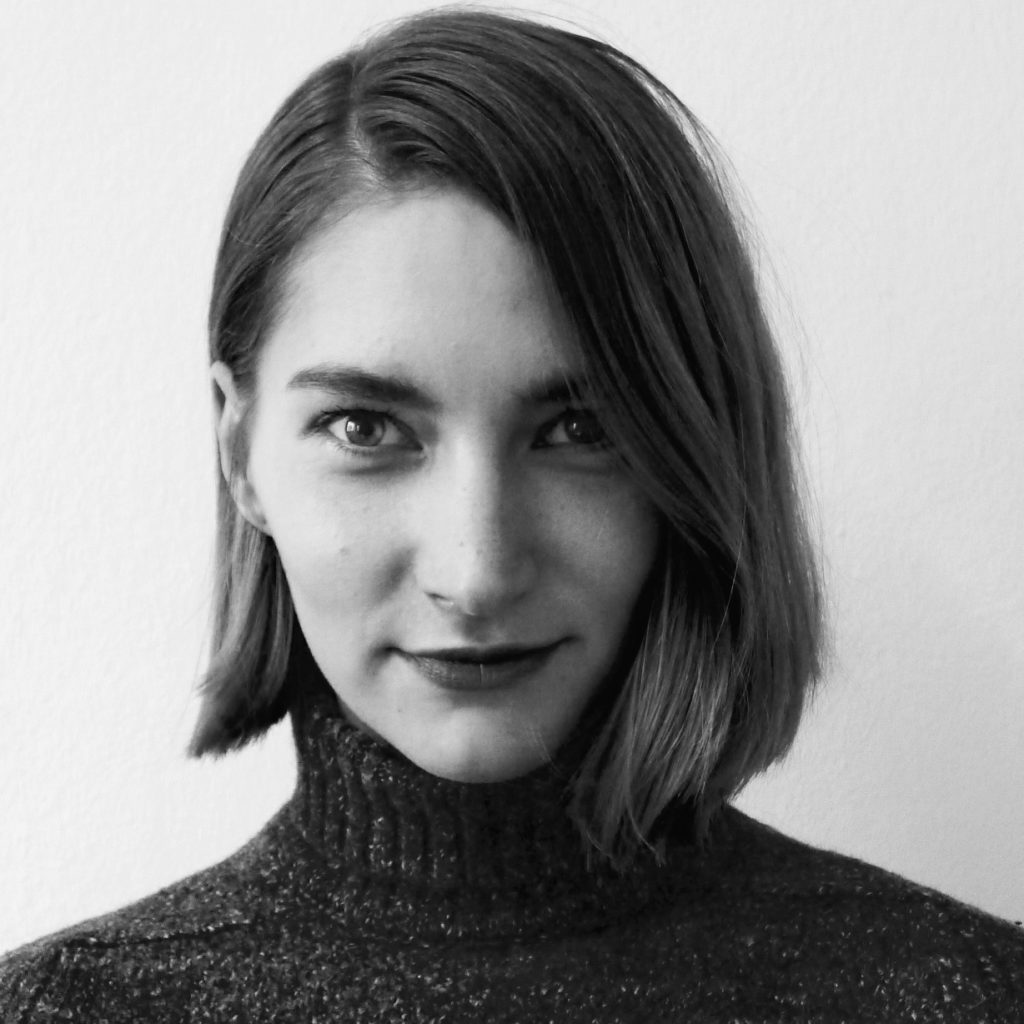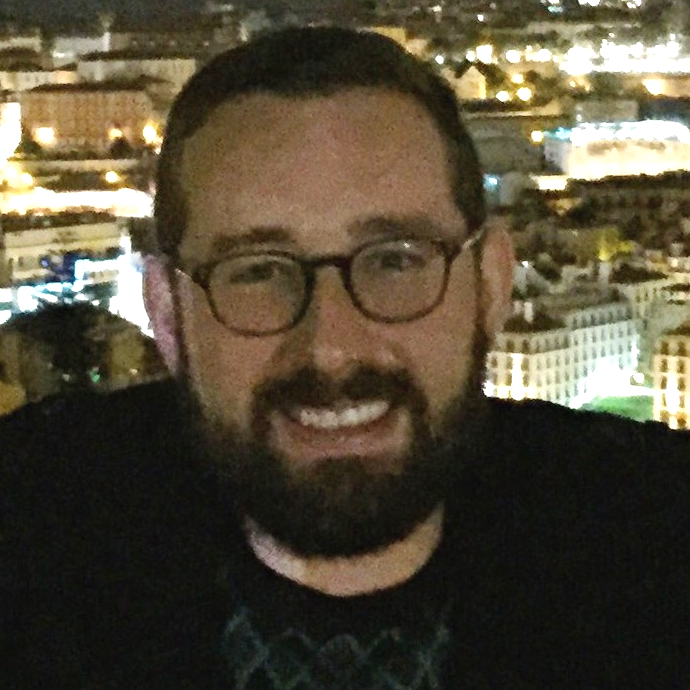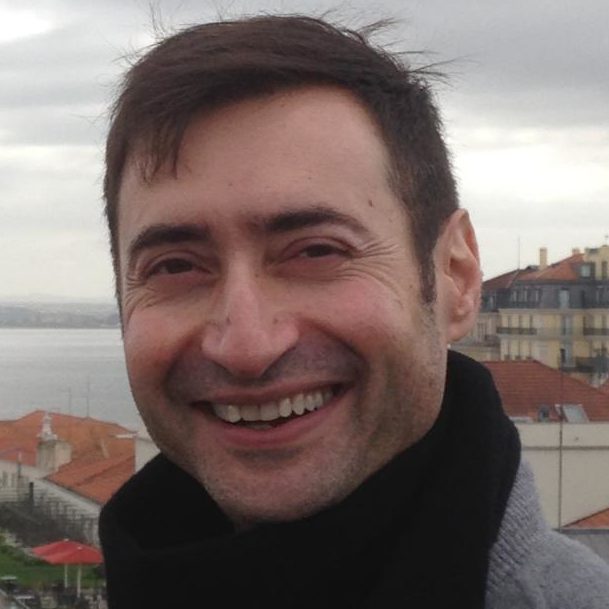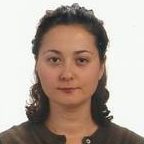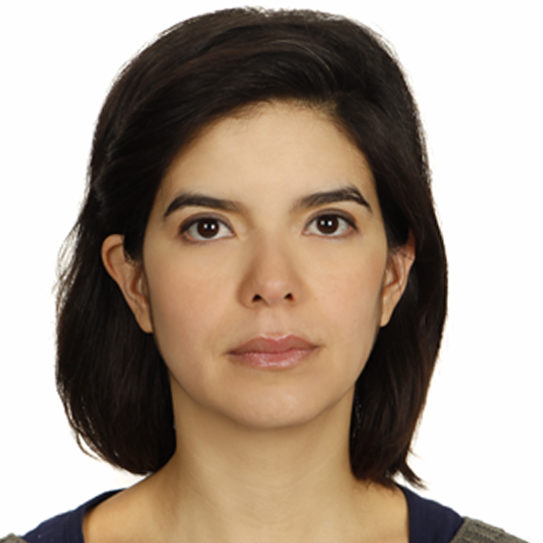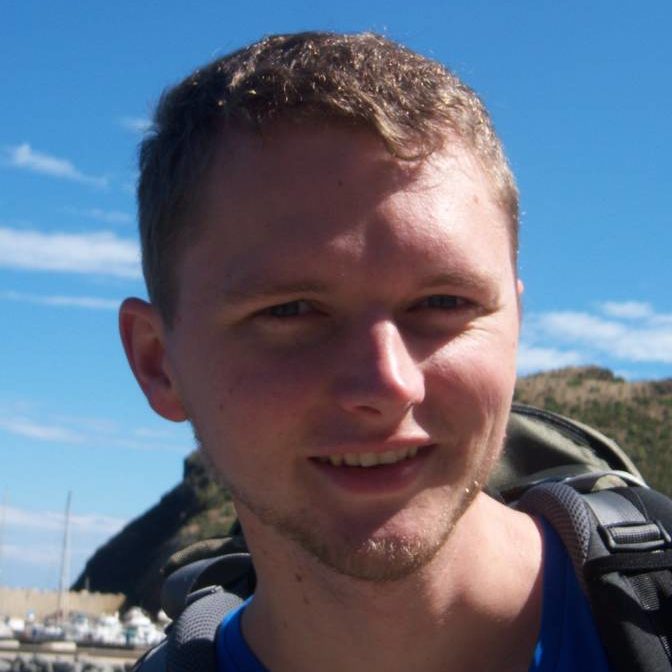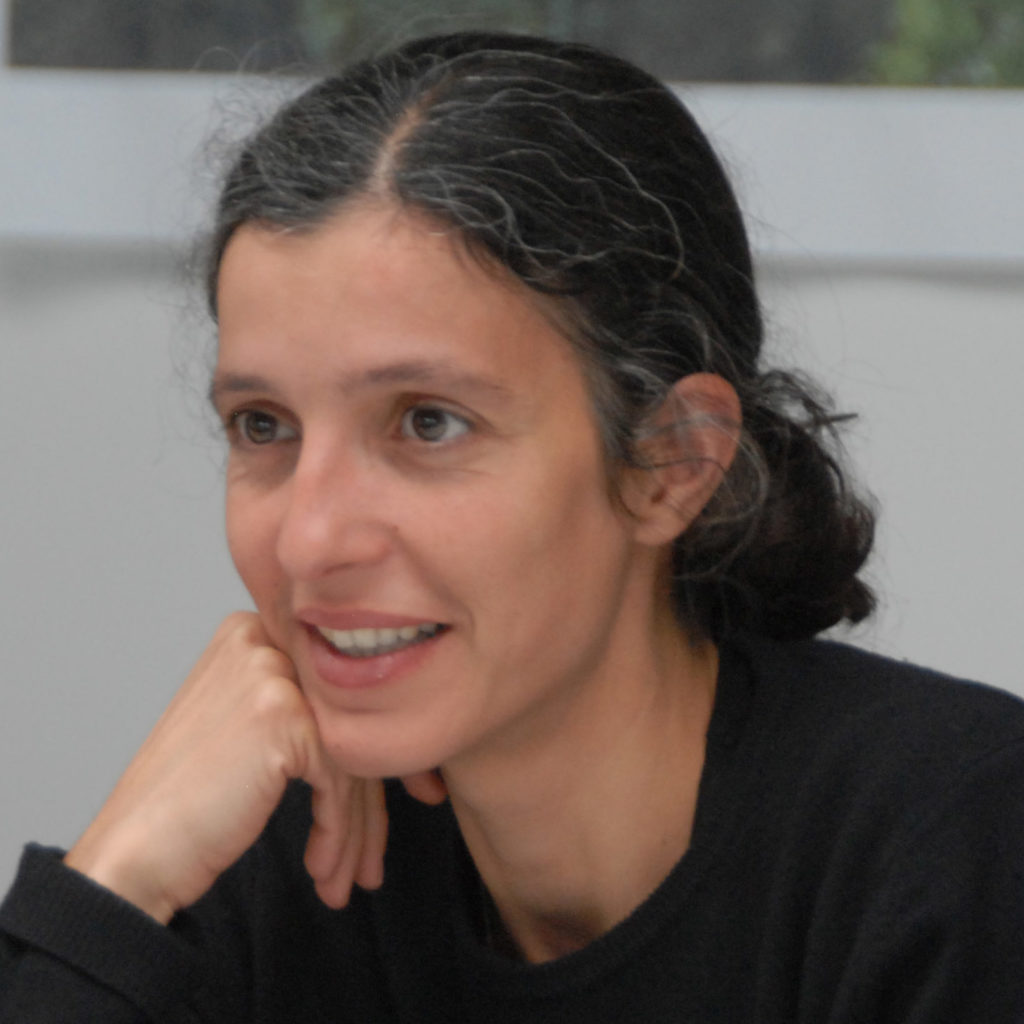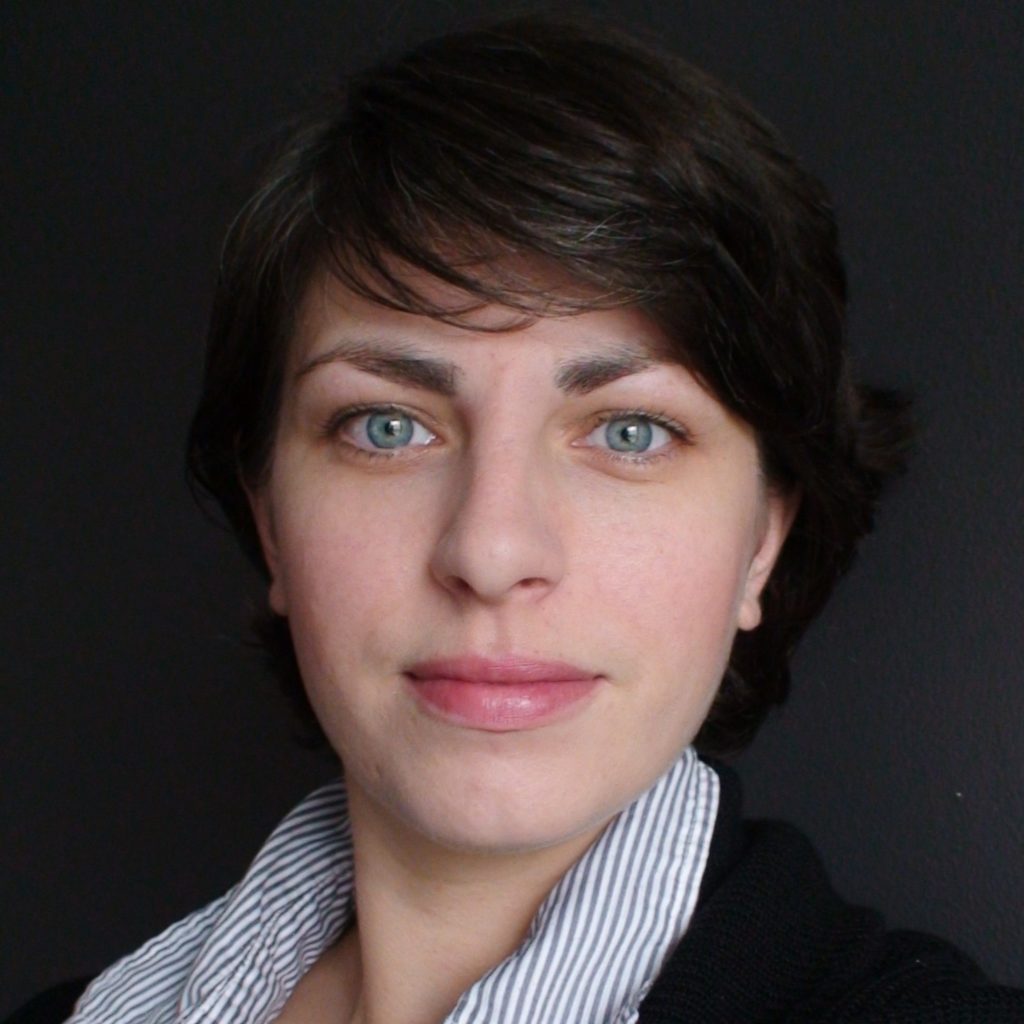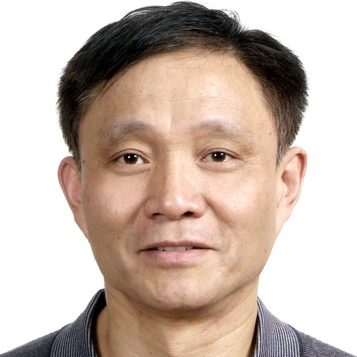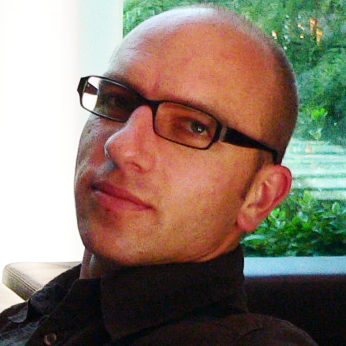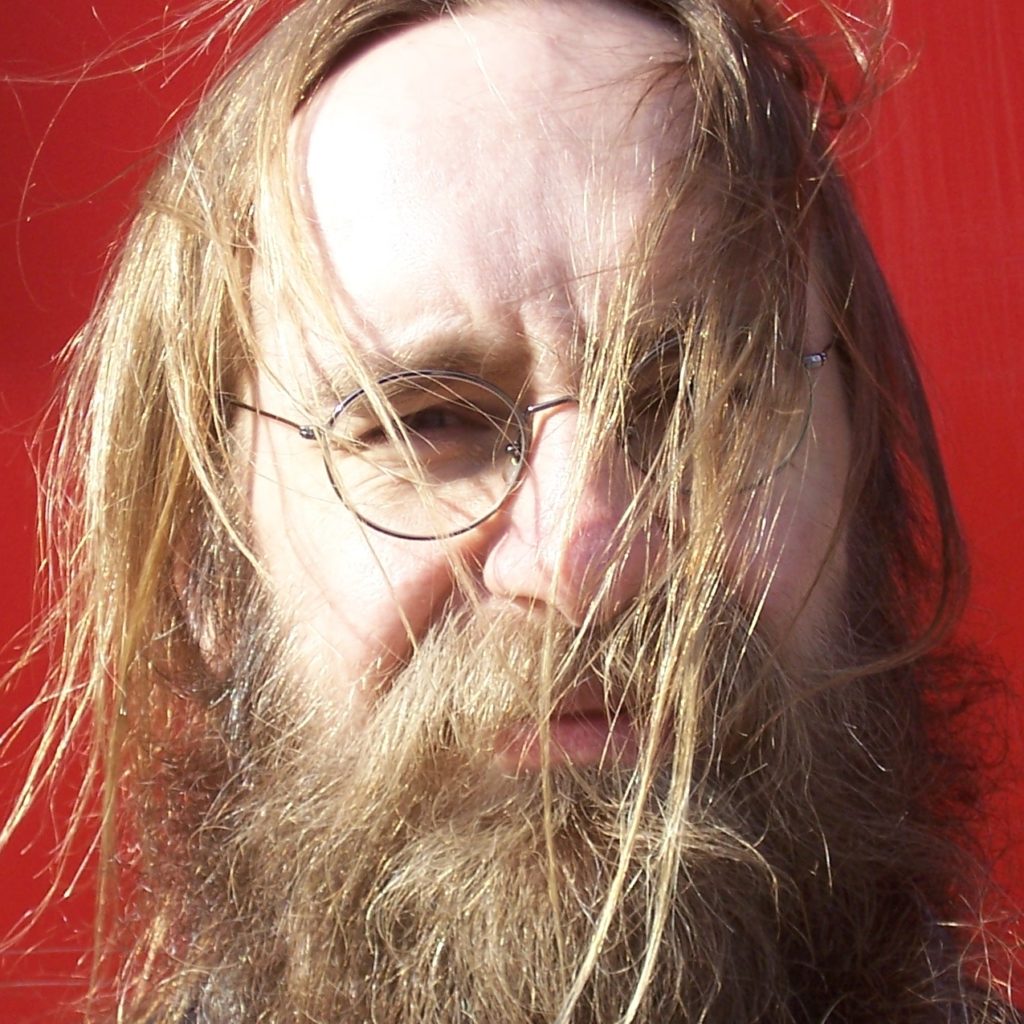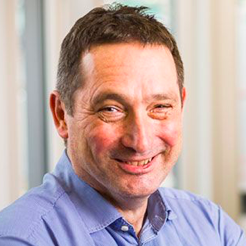Application Process:
The City Institute is able to accommodate a limited number of Visiting Scholars each year. The Institute encourages applications from faculty members, graduate students and post-doctoral fellows from other institutions.
Normally, we can provide visitors with a shared workspace, Internet access, and a York University library card. There is no monetary funding available for visiting scholar appointments.
Applications will be accepted at the start of each academic semester (September 1, January 1 and May 1). Visitors should apply a minimum of one semester ahead of when they plan to arrive at CITY.
DOMESTIC VISITORS:
If you are interested in applying to become a Visiting Scholar with the City Institute and are currently located in Canada please complete and send the following Visiting Scholar Form (Domestic) as well as a letter of reference and a current copy of your curriculum vitae to city@yorku.ca.
INTERNATIONAL VISITORS:
If you are interested in applying to become a Visiting Scholar with the City Institute and are currently located outside of Canada (and would be visiting as an international visiting scholar) please complete and send the following Visiting Scholar Form (International) as well as a letter of reference and a current copy of your curriculum vitae to city@yorku.ca. In addition to these, visit of graduate students outside of Canada is through an international exchange program of their university or through York's International Visiting Research Trainee (IVRT). Send an email to city@yorku.ca if interested in applying for IVRT.
Visiting Scholars 2023-2025
Karine Duplan, Visiting Scholar, Senior Lecturer/Senior Researcher, Department of Geography and Environment, University of Geneva (CH) (2025)
Anke Schwarz, Visiting Scholar, Associate Professor of Human Geography at Heidelberg University (2024)
Chan Arun Pina, Post-Doctoral Researcher (Spring-Summer 2024)
Rachel Bok, Visiting Researcher, Department of Geography, University of British Columbia
(2024-2025)
Alexandre Donnen, PhD student in Sociology, Junior Visiting Scholar (Winter - Spring 2024)
Sophie Kogali, Institute for Human Geography at Goethe University, Junior Visiting Scholar (Fall
2023)
Sébastien Lambelet, Postdoctoral Researcher (2023-2026)
Dr. Andriani Papadopoulou, Greece’s Ombudsman Office (2023-2024)
Dr. Carmen Ponce, Post-Doctoral Visitor (2023-2024)
Dr. Nasya Razavi, Post-Doctoral Visitor (2023-2024)
Anke Schwarz, Senior Visiting Researcher, Human Geography, Heidelberg University (Fall 2024)
Dr. Araby Smyth, Post-Doctoral Visitor (2023-2024)
Dr. Murat Ucoglou, Mitacs Accelerate Postdoctoral Researcher (2023-2024)
Visiting Professor 2020 -2021
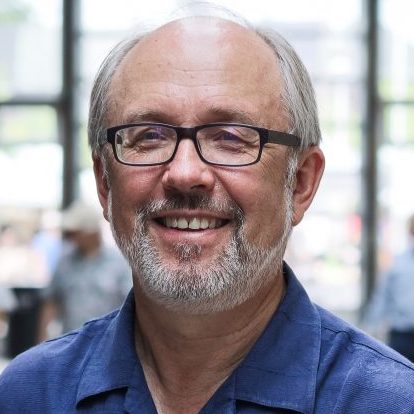
Dr. Joe Mihevc
Joe Mihevc is a Visiting Professor for the years 2019 to 2021. For the past 27 years, he has served Toronto as a City Councillor for the west midtown area of the city. He has chaired numerous committees and led a number of city initiatives. As the chair of the Board of Health, vice-chair of the Toronto Transit Commission, chair of the Community Development Committee, and the Newcomer and Poverty Reduction Advocate, he facilitated: public transit projects including the St Clair Right of Way and the subway expansion to York University and beyond; public health projects like no smoking in public places, a bylaw restricting pesticides, Supervised Injection Sites, SARS control and Student Nutrition Programs; access, equity and human rights policies and programs. Through the lens of poverty reduction and social inclusion, environmental sustainability and community development, Joe Mihevc sought to build a Toronto that was more inclusive of the diversity that the city has become. Prior to being a City Councillor, Joe Mihevc taught at the University of Toronto and the Toronto School of Theology in the area of theology and religious studies with a special focus on Holocaust studies, liberation theology and social ethics.
Joe Mihevc will be using his time at York University teaching and supporting students in their studies of cities and human geography. He aims to bring the practical perspective of city politics into the academic realm. Part of his time at York University will be devoted to work on an initiative to build stronger relationships between the university and municipal sectors.
Visiting Scholars 2022
Sonay Bayramoglu Ozugurlu is a Visiting Scholar at the City Institute from September 2022 to June 2023. She is an associate professor in public administration at Ankara University, Turkey. Her research interests are related to governance, local administration, and humanitarian crisis management. Before 2018, she worked at the Public Administration Institute for Turkey and the Middle East. She conducted research on local governments, local elections, special provincial administrations, and local services in Turkey. In recent years, her interest has focused on metropolitan cities, humanitarian crisis management, and the potentials of direct democracy.
During her studies at the City Institute, she will continue to work on the impact of humanitarian crises on metropolitan governments and current trends in change in metropolitan administration.
Katrin Behrendt is an international exchange student at the City Institute from September to December 2022. She currently is a graduate student at Goethe-University Frankfurt, Germany in the master program “Geographies of Globalization — Markets and Metropolises” focusing on Urban Geography.
Katrin has a particular interest in East Asian countries and their megacities, as well as cultural representations in other countries. Here, her main focus are the interrelations between different forms of migration, transnationalism and the resulting changes in such dense spaces. As such, Katrin's current research focuses on Chinatowns in Malaysia and Toronto. In addition, Katrin is intrigued by current debates on global and smart cities.
Philipp is an International Visitor and Exchange Student at the City Institute from September to December 2022. He is a graduate student of the Goethe-Universit Frankfurt in the master program “Geographies of Globalization — Markets and Metropolises” focusing on Urban Geography.
His research interests include gentrification processes from an historical-geographical materialism view. Philipp's main fields have been on financialization and privatization of the housing market, the rent gap theory and neoliberal governance in the city. In particular, he looks at German corporate landlords, explores their enterprise model and how they generate profits. In addition, he is concerned with forced evictions as the most violent form of displacement.
Martina Loi is an International Visiting Research Trainee at the City Institute from August to December 2022. She is a Ph.D. student in Civil Engineering and Architecture with research in Economic and Political Geography at the University of Cagliari.
Her research interests are related to Infrastructural Studies and urban political ecology, with a feminist and post-colonial perspective.
Her research focuses on the relationship between suburban infrastructures (in particular, major suburban highways) and the production of interstitial urban forms. In particular, she is interested in informal modes of inhabiting, socio-ecological assemblages, and forms of socio-nature that develop around major axes and in their interstitial spaces. She uses an ecological-political and ethnographic approach through qualitative methodologies (walking methodologies, ethnographic observation) to investigate the relationship between material infrastructures, housing practices, and urban policies. Through bodily immersion in the space and the identification of some significant spatial fragments, the aim of the research is to re-read the interstitial spaces around major axes by overcoming narratives that interpret them as marginal and degraded spaces, considering them rather as spaces of possibility and experimentation of new imaginaries.
Alina Dambrosio Clementelli is a Visiting Scholar at the City Institute from March 2022 to June 2022. She is a PhD student in Sociology at the University of Genoa and is interested in feminist and queer theories and critical urban studies. She graduated in Semiotics with a thesis on practices of repossession of spaces in the neoliberal city.
Her current research project focuses on the relationship between the question of safety and the forms of gendered violence spatialization. The aim is to investigate in depth the production and effects of unsafety in everyday life through social reproduction theory.
She has written on feminist and queer urban practices and grassroots movements.
Gabriella De Biaggi is a Master’s Degree candidate at the University of São Paulo, Brazil, and is currently hosted by the City Institute and the Faculty of Environmental and Urban Change as an International Visiting Scholar. During the semester she is spending at York University, she is working under the supervision of Prof. Stefan Kipfer, seeking to build a deeper understanding of racial and colonial aspects involved in contemporary urban frontier dynamics, specifically in Latin America. This work forms part of her ongoing research, which investigates the relations between the production of new corporate centralities and “securitization” processes in the metropolis of São Paulo. Since 2017, Gabriella De Biaggi is a member of the Limiares (Limits to acummulation and space reproduction) study group, at the Urban Geography Laboratory of the University of São Paulo. Since 2021, she also participates in LASInTec (International Security and Monitoring Technologies Analysis Laboratory), an interdisciplinary Research and Extension working group at the Federal University of São Paulo. Along with her academic activities, Gabriella has been actively engaged in grassroots movements dealing with public transit in São Paulo for the last 7 years.
Visiting Scholars 2021
Cara Chellew (September - December 2021)
Cara Chellew is taking up PhD in Urban Planning, Policy, and Design at the McGill School of Urban Planning. Her research revolves around the production and regulation of public space through a lens of inclusion and exclusion. She will examine how defensive/hostile urbanism and its related design philosophy Crime Prevention through Environmental Design (CPTED) is used to produce public spaces that are free from signs of poverty, crime, and disorder. This research on defensive urbanism also allows her to investigate larger normative questions about the production of public space, “the right to the city”, and the public good.
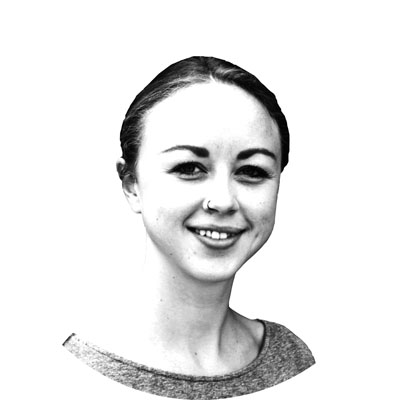
Astrid Krisch (May - July 2021)
Astrid Krisch is a spatial planner and urban scientist with interest in critical research on infrastructure planning and development. She is working as a research and teaching assistant at the Institute of Spatial Planning, Vienna University of Technology and pursuing her PhD in the field of spatial planning. She investigates the relationship between the development and planning of established as well as newly emerging forms of urban infrastructure systems from an institutionalist perspective. As a Visiting Scholar at the CITY Institute, Astrid will be researching digital urban infrastructures in Toronto and their institutionalization within current governance systems.
Visiting Scholars 2020 -2021

Dr. Homa Hedayat
Dr. Homa Hedayat is an Assistant Professor in urban design and planning with a strong background in Architecture. She has collaborated with leading universities and international institutes and has experience in teaching and advising graduate students in the area of data collection, advanced analysis methods, statistical analysis, modelling, technical report writing/reviewing and project management in the Architecture and Urban design department. Her research focuses on urban sociability, the quality of public space, urban regeneration, uban morphology, social capital, culture and built environment, community planning, non-motorized travel, culture and urban development, urban resilience, sustainability, the smart city, immigration and feminism.
Dr. Constance Carr, an MES Alum, received her doctorate from the Humboldt University in Berlin, and is currently a Senior Postdoctoral Researcher at the Institute of Geography and Spatial Planning, University of Luxembourg. Much of her post-doctoral work has focussed on policy and planning practices in urban regions under growth pressure, looking at emerging sub- or post-suburban and cross-border urban regions, governance structures of small states, and critical takes on European sustainable urban development. While at CITY, Carr looks forward to giving seminars on these issues, and strengthening international networks of urban studies scholars.
At CITY, Carr will also be pursuing a project entitled, "Digital Urbanism and the Challenge of Urban Governance (DIG_URBGOV)." The aim of this project is to understand the broad question of how technology is unfolding in societal contexts and what the related impacts or implications are. As new modes of accumulation are invented, and as we are witnessing a revolution in digital devices/services/economies, some urgent questions are surfacing: What is the role of big tech in urban development? What kinds of societal impacts might we expect? How are these impacts and interrelations negotiated, and how are they governed? Inspired by scholarly and qualitative takes on the digital turn in urban geography, corporatization of urban governance and land use, policy mobility, and sustainability, Carr will be researching Alphabet Inc.'s involvement in urban development along Toronto's lakeshore, which is a potential minefield of lessons. DIG_URBGOV thus aims to bridge two tech-driven economic development on the one hand, and urban policy and spatial planning on the other. Project details and updates can be found at Urbanization Unbound (urbanunbound.blogspot.com).
Mojgan Chapariha is a Visiting Scholar at the City Institute from June 2017 to May 2018. She is a PhD student in the department of Development Studies at the Lisbon School of Economics and Management (ISEG), University of Lisbon, Portugal. She is interested in SDGs and human well-being. Her PhD thesis with explore a comparative case study of Toronto, Canada and Isfahan, Iran.
Darnel Harris is a visiting scholar at the City Institute from February 2019. He is a community advocate who enjoys animating spaces and sustainability mobility projects, and earned his Masters of Environmental Studies (Planning) at York University in 2016. His Major Project focused his work on the potential for bike usage to become widely used and socially acceptable in the suburban Black Creek area. His project involved a comparative analysis of six global cities, which had undertaken extensive and equitable low carbon mobility projects. He then conducted three community-led popular education sessions to allow them to shape their vision of a future with bikes and cargo bikes. Translating his research into action, Darnel is now the Executive Director of Our Greenway, a coalition of businesses, residents and community groups in Toronto's northwest seeking to build a 21 kilometer linear park conservancy. His awards include the 2018 NextGen Canadian Urban Institute, 2016 Green Talents fellowship from the Government of Germany, and the Tom Arnold Scholarship. His current research interests are sustainability, low speed mobility devices and their regulations, and living green infrastructure.
Azam is a Visiting Scholar at the City Institute and an Instructor at the Faculty of Liberal Arts and Professional Studies, York University. She has worked as a professional development and urban planner with different national and international organizations before she started her doctoral program in 2008. Her Ph.D. research focuses on the convergence of developmentalism, worlding practices, and neoliberalism in the urban reforms in Tehran. Her research interests include modernization, developmentalism and production of space, urban and regional governance, social housing, gender and space, and research methods. She has edited the books: The City and Deadly Earthquakes: An Interdisciplinary Approach to the Causes of Vulnerabilities of the Urban to Earthquake (2010, Tehran: Agah) and A Critical Lens on Women’s Empowerment and Development Discourses (2009, Tehran: Agah Publishing House). Her recent articles include: “Towards a differential planetary urbanization: A view from Middle Eastern cities” (co-authored with Oded Haas 2018), Environment and Planning D: Society and Space; “The space reloaded: publics and politics on Enqelab Street” in Sharp and Panetta (eds.) Beyond the Square: Urbanism and the Arab Uprisings (2016); “Decentralization and ambiguities of local politics in Tehran” (co-authored with Arang Keshavarzian 2016); “La rénovation urbaine en Iran: De I’interventionnisme d’Etat au mercantilisme” in Mina Saeidi-Sharouz (ed.) Le Téhéran des quartiers popularizes, transformation urbaine et société civile en République Islamique (2013).
Dr. Negin Minaei is a visiting scholar at the City Institute from February 2019. She is a research associate at the Faculty of Engineering at the University of Windsor working on the impacts of technological advancements on future cities. She recently wrote a chapter on ‘Self-sustaining Urbanization and Self-sufficient Cities’. She developed a course titled ‘Sustainable Smart Cities’ in 2016 and has taught that to MEng students at the University of Windsor since then. She completed a three-year post-doctoral research on ‘Sustainable Urbanism and Transportation’ at the Royal Agricultural University in UK. As a research associate, she worked on multiple national and regional projects on sustainable development. She earned a MSc in Environmental Psychology from the University of Surrey, UK (2012) investigated the ‘Reflections of Ethnic Backgrounds, GPS and Transportation Mode on Cognitive Maps of Londoners. Negin holds a PhD in Urbanism from Tehran Azad University, Science and Research Branch (2005) studied ‘The Effect of Globalization (Information Technology and Telecommunication) on Physical and Conceptual Aspects of Global Cities (Case Study of London, UK). She received a full scholarship and completed the ‘Transnationalism and Transnational Spaces’ research program at the Bauhaus Dessau in Germany (2004-2005). Her dissertation for her MArch in Architectural Engineering from Kerman Azad University (2000) was in ‘Designing an Echo-Tech Research Centre of Science and Technology of Alternative Energies including a power plant of wind towers and solar cells.’. She aims to write a book on Sustainable Smart Cities while at the CITY as she has been researching smart cities for the past four years. Her current interests are smart cities, self-sufficient cities, healthy cities and future cities.
Judith Mintz, PhD joined York University’s City Institute as a Post Doctoral Visiting Scholar in March 2019 and is an instructor for York University’s Bridging for Women Program. Her dissertation, “What is Critical Yoga Studies?: Gender, Health and Cross-Cultural Consumption of Yoga in Contemporary North America” articulates political economy, critical race theory, and feminist embodiment theories to produce an analysis of yoga as a site of commoditization and healthism in urban North America. Judith has published her work with the Global Labour Research Centre, Demeter Press, Canadian Scholars’ Press (in press), Athabasca Press, Canadian Woman Studies, and Pivot: A Journal of Interdisciplinary Studies and Thought. She also has presented her research on yoga, health justice, and masculinities at the Accessible Yoga Conference (2018), and the International Conference on Canadian Studies in Paris (June 2017). Judith has delivered papers at the Global Labour Research Centre, the Roxana Ng Brown Bag Lectures, and at various conferences for MIRCI (Motherhood Initiative for Research and Community Involvement). Judith’s plans for her engagement at City Institute involve exploring gender, Indigeneity, racism, and unequal access to health and housing infrastructures in urban spaces. Currently, Judith is a Quality Assurance and Decolonization Analyst for Native Child and Family Services of Toronto, working on research policy development and analysis, qualitative research, program evaluation and community consultations.
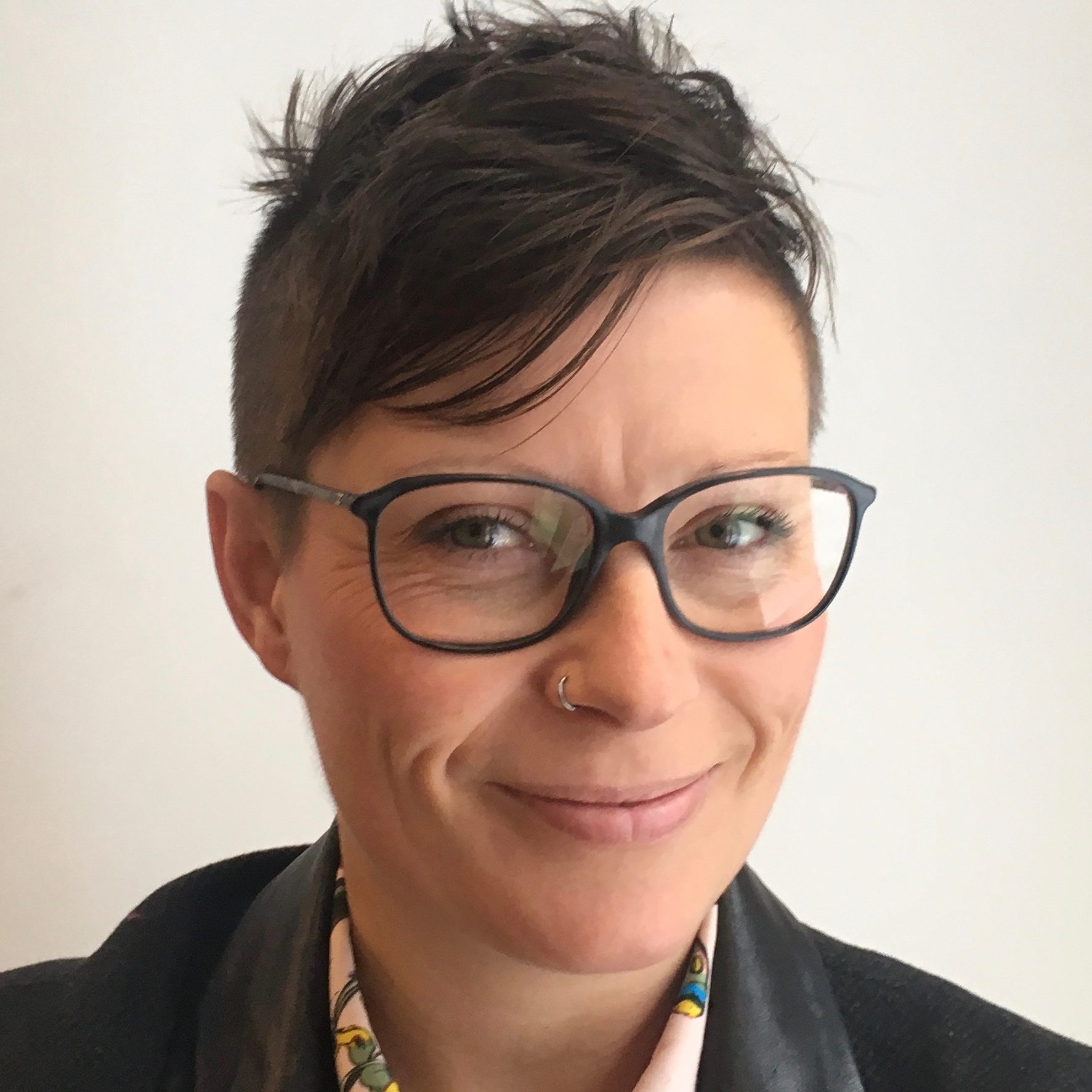
Dr. Jessica Parish
Dr. Jessica Parish is a visiting scholar at the City Institute from September 2018 . She earned her PhD in Political Science at York University in 2017 studying non-residential dimensions of gentrification. Her dissertation examined the impact of the governmental "responsibilization" of health on gentrification processes, and demonstrated how newly privatized spaces and practices of health have become integral to gentrification dynamics in the 21st century. Dr. Parish is currently employed by Lancaster House Publishing, a labour and employment law resource provider in Toronto, where she works as a research associate. She is also associate co-editor for "The Geographies of Emotional and Care Labour" an open access collection published by Palgrave Communications. Her research interests are interdisciplinary in nature and include urban geography, feminist political economy, political theory, the sociology of health and illness and labour studies.
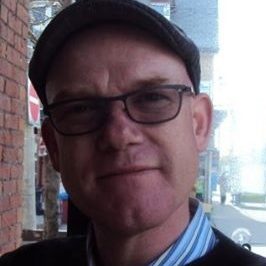
Dr. Frederick Peters
Research Fellow
Dr. Frederick's research pursues the political economy and political ecology of urban infrastructure building and maintenance in the 21st century. He holds PhD in Political Science from York University, having successfully defended the thesis “Schmutz in the Baltic: Urban Water Infrastructure, Global Finance, Environmental Outcomes in Post Communist Europe”. He has also turned his attentions from the EU and public-private partnerships to Canadian examples and has become more focused on campaigns around urban politics in Toronto to look at multinational business investment and municipal politics.
Heather Sanguins is a Visiting Scholar at the City Institute from February 2019 to January 2020. With a professional background in technical and business communication and project management, she recently completed a doctoral program in historical geography. During Heather's doctoral research, she developed six case studies of Anishinaabe dispossession in the eastern Great Lakes basin during the nineteenth century. Heather will write a book manuscript and a number of articles while at CITY.
Sara Macdonald has a PhD in Human Geography and Spatial Planning from Utrecht University. Her PhD research was a comparative study of the governance of greenbelts in the Greater Golden Horseshoe region in Southern Ontario, Canada and in the Frankfurt Rhine-Main Region of Germany. She was the Coordinator of the City Institute and the Project Coordinator for a Major Collaborative Research Initiative entitled "Global Suburbanisms: Governance, Land and Infrastructure in the 21st century" based at York University from 2006 to 2017. Her research interests include greenbelts, urban and regional planning, urban and regional governance, and suburbanization. She has been a visiting scholar at Aberystwyth University, Wales and at the Technische Universität Darmstadt, Germany.

